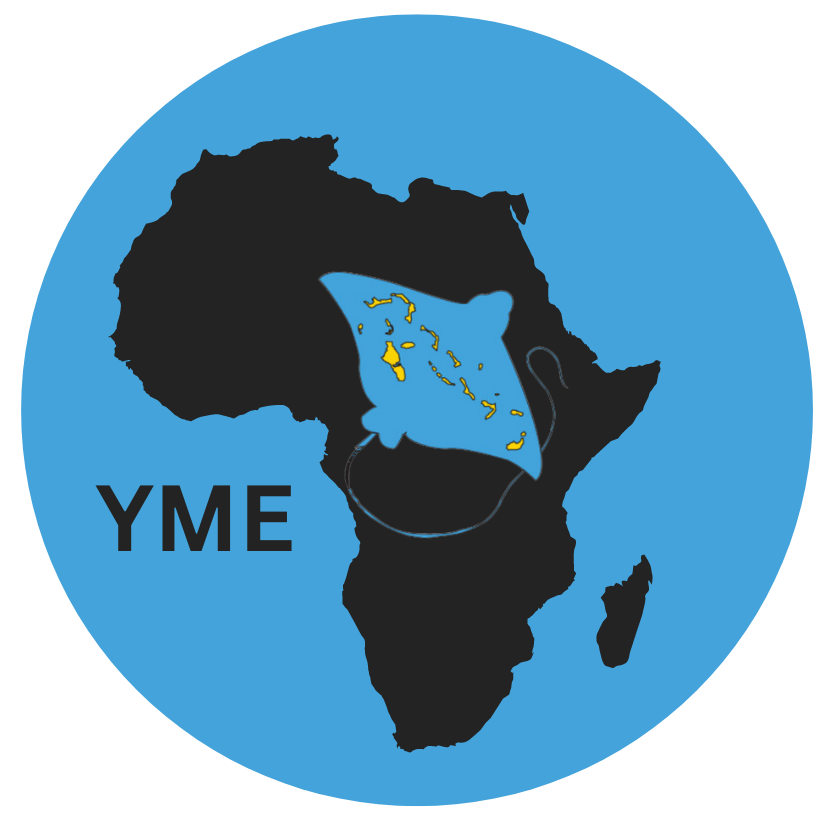Along the coastlines of Africa, the ocean has always been more than water. It’s culture, it’s survival, and it’s currency. In climate finance, however, it has only recently become a market.
Project Ocean Love aims to shift that perspective. As a community-led environmental data monitoring solution, it is built to generate local, high-integrity data to help communities, governments, and businesses monitor the impact of changing weather on the natural environment. This solution enables local communities to identify adaptation measures to protect their homes and livelihoods.
It isn’t just about protecting nature. It is about building a climate venture rooted in equity, infrastructure, and long-term ownership for women and youth in local communities.
Where Things Get Hard
Ocean Love reveals a hard truth in climate finance: most community-driven ventures stall between vision and viability.
To sell credits or high-value data, you need verified monitoring. To build monitoring infrastructure, you need capital.
To attract capital, you need proven results.
It’s the classic chicken-and-egg problem, especially in Africa where financing opportunities are bespoke, with lower deal values. As we strive for inclusive, community-first models, capital continues to prioritize ventures with short term, quantifiable, and low-risk returns. That leaves local ownership behind.
“We’ve been protecting this coastline long before the market cared about carbon,” Ocean Love founder Nikita Shiel-Rolle told us. It reframed what Ocean Love was truly about: not introducing stewardship but making room for it to lead.
Many ecological projects in Africa, such as soil regeneration and coastal conservation, provide immense environmental benefits but lack immediate revenue streams. These projects are therefore considered low-value in financial terms, as they do not generate direct income, which makes them difficult to fund through traditional investment channels. Exacerbating this challenge is the cost of financing in Africa. A solar farm in Germany, for example, needs a return of 7% on capital invested to break even. In Zambia, prohibitive lending rates for businesses raise the necessary return to a staggering 38%, according to the Climate Policy Initiative. Unless financing costs in the developing world are reduced, promising decarbonization projects will remain stalled, as the high price tag will make them economically infeasible.
How We Make It Work
Pre-sale agreements for climate and environmental monitoring data can provide early-stage investors with assured future revenue streams, thereby enhancing the financial viability of projects. Carbon and biodiversity markets can also play a pivotal role. These markets are designed to channel investment into projects that create environmental credits, such as carbon offsets or biodiversity credits. These credits can be purchased through Article 6 agreements by governments to help meet their own Nationally Determined Contributions (NDC) commitments, or, if structured with integrity, through the voluntary market by companies seeking to fulfill sustainability commitments. By allowing these markets to support non-revenue generating ecological services, they create a mechanism for financing projects that would otherwise remain unbankable.
Importantly, local communities must own and drive these investments, making capacity building up front an imperative. Foreign interests should not be the sole beneficiaries of carbon credits and offtake agreements. When the investment flow bypasses the local community, leaving them with precarious employment without an equity stake in their own future, the long-term impact is diminished. If these projects are to be truly sustainable and equitable, local communities must be empowered to take the lead and gain ownership, ensuring they benefit directly from the ecological services they are providing. Transparency and verified investment data can help reduce the financial risks for investors and unlock capital to support vital ecological services in emerging markets. A recent study by the International Monetary Fund highlighted that greater data transparency leads to a 15% reduction in the spreads on emerging market government bonds, effectively lowering borrowing costs for these nations.
Why It Matters Now
Ocean Love isn’t just a project. It’s a signal—a signal that even the most aligned climate ventures will stall unless capital is structured to fund the first mile, not just the finish line.
Too often, we fund conservation like it’s a product. But what we’re really funding is access—the ability for communities to participate in the markets that are underpinned by their ecosystems.
That is what offtake agreements, environmental commodities, and investment case studies enable. That is what better sequencing unlocks. That is how we move from promising ideas to investable models, without trading off local ownership along the way.
About the Author: Arushi Parashar is a finance and strategy professional with close to five years of experience, driven by a passion for shaping sustainable business strategies. With a strong foundation in capital markets and consulting, Arushi has developed a proven ability to analyze financial data and implement strategic solutions that create lasting value.
About the Global Climate Finance Accelerator: The Global Climate Finance Accelerator convenes partnerships across business, finance, government, and academia to identify, investigate, and propose the policies, procedures, and tools required to finance the deployment of technically viable climate solutions.
Article originally posted here on April 21 2025.
